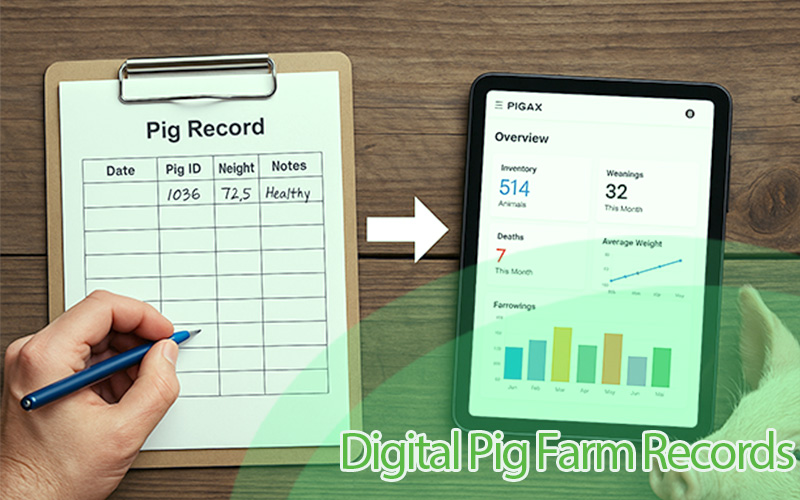Outbreak Alert: How to Manage Pig Farm Disease Outbreaks
In the farming industry, there's a constant race against pathogens and diseases. The success of your farm relies on healthy, thriving pigs, and nothing can derail your progress faster than a menacing disease outbreak. Picture this: your once-booming pig farm is now at the mercy of a relentless pathogen, threatening to wipe out your hard-earned investments and dreams.
In this gripping guide, we unveil the crucial steps to defend your pig farm against the insidious onslaught of diseases. Prepare to fortify your farm, empower your defenses, and emerge victorious in the relentless battle against disease outbreaks. Let's dive into the heart of disease management and safeguard your precious pig herd from any lurking threats.
Guide to Managing Pig Farm Diseases Outbreaks
1. Recognizing Common Pig Farm Diseases
To effectively manage disease outbreaks, it is crucial to be able to identify common diseases that can affect pig populations. Diseases such as swine flu, porcine reproductive and respiratory syndrome (PRRS), and foot-and-mouth disease are among the most prevalent in the industry. Being familiar with the symptoms and signs associated with these diseases enables farmers to respond promptly to potential outbreaks.
2. Biosecurity Measures for Disease Prevention
Implementing stringent biosecurity protocols is essential to prevent disease introduction and spread on pig farms. This includes restricting access to the farm and isolating new arrivals to prevent the transmission of diseases. Additionally, establishing separate zones within the farm can further mitigate the risk of cross-contamination.
3. Early Detection and Quarantine Procedures
Setting up an effective quarantine area for new or sick animals allows for close monitoring and early detection of potential diseases. Regular health checks and observation of pig behavior can provide valuable insights into the herd's overall health, allowing farmers to act swiftly in the event of an outbreak.
4. Vaccination Strategies for Pig Health
Vaccination plays a crucial role in maintaining pig health and preventing the spread of diseases. Understanding the significance of vaccinations and working with veterinarians to develop a comprehensive vaccination schedule tailored to the farm's specific needs is essential for disease prevention.
5. Nutritional Support and Immune Boosting
Providing pigs with a balanced and nutritious diet enhances their immune systems and overall resistance to diseases. Supplementing their diet with vitamins, minerals, and probiotics can further boost their immune health and help them better withstand potential pathogens.
6. Cleaning and Disinfection Protocols
Establishing proper cleaning and disinfection routines within the pig farm is crucial for disease control. Regularly sanitizing equipment, facilities, and vehicles can significantly reduce the risk of disease transmission among animals.
7. Managing Farm Visitors and Staff
Minimizing the risk of disease introduction to the farm involves implementing visitor protocols and educating farm staff on disease prevention measures. Restricting unnecessary farm visits and providing proper training on biosecurity practices can contribute to maintaining a healthy farm environment.
8. Collaborating with Veterinary Experts
Establishing a strong partnership with a swine veterinarian is an essential aspect of disease management. Veterinarians can provide expert advice, perform regular health checks, and assist in developing effective disease prevention and management strategies.
Conclusion:
Proactive disease management is critical for pig farms to thrive and remain economically sustainable. By recognizing common diseases, implementing strict biosecurity measures, and collaborating with veterinary experts, farmers can protect their herds and ensure the continued success of their pig farming operations. Staying vigilant and prepared to respond to outbreaks swiftly will ultimately safeguard the health and well-being of the animals and the profitability of the farm.




